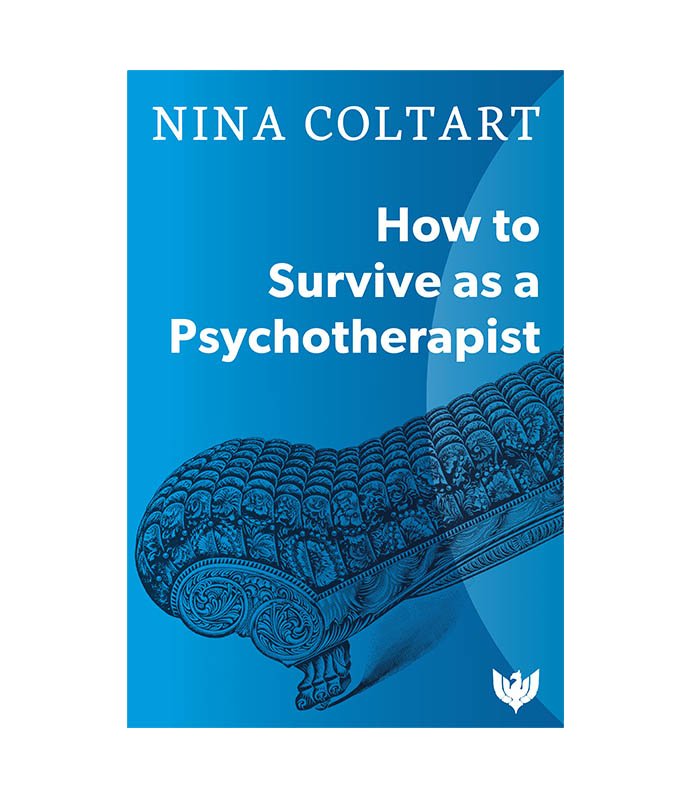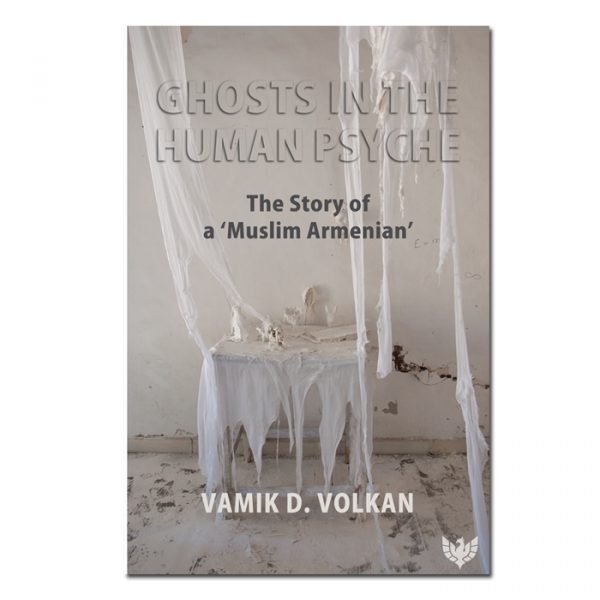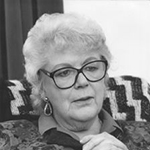Not simply a “how to” manual, this compact book is an amalgam of down-to-earth practicality about assessment, the pleasures of psychotherapy as opposed to analysis, details of how to run a practice, vivid clinical stories which don’t necessarily turn out well, discussions of Buddhism, and an autobiographical finale on the balance between life and work, including Coltart’s choice to live alone. Written in deceptively simple language, it reads easily and encourages beginners, but its backbone is the accrued wisdom for a career containing “survival-with-enjoyment” that offers new perspectives to both mid-career and experienced therapists and teachers.
The professional autobiographical quality of the book reveals a lot about Coltart: her love of psychotherapy over full analysis and the number of strictures in analysis that she feels bind rather than guide. She describes the first years, in training and beyond, as full of anxiety: trying to get things right whilst an inner critical voice and the judgement of supervisors and teachers hangs over it all. Slowly, as time goes by, the ability to relax into a career with confidence in one’s own voice, knowledge, and intuition leads to a capacity for enjoyment of what can seem to outsiders a grim profession dealing only with suffering.
Coltart’s book celebrates psychotherapy and its practitioners, and is full of interesting and practical advice that both experienced and novice psychotherapists will find invaluable. This enduring classic has stood the test of time and should be a feature of every aficionado’s bookshelf.





 Nina Coltart was “one of the most admired and liked psychoanalysts in Britain. For 35 years she was an active member of the British and international psychoanalytic community and she played a major role in extending the influence of analytic ideas outside that world.” (A. H. Brafman, “Obituary: Nina Coltart”, Independent, 18 August 1997)
Nina Coltart was “one of the most admired and liked psychoanalysts in Britain. For 35 years she was an active member of the British and international psychoanalytic community and she played a major role in extending the influence of analytic ideas outside that world.” (A. H. Brafman, “Obituary: Nina Coltart”, Independent, 18 August 1997)
Amazon review: Lucinda Stern, May 2012 –
5/5 stars: Real, practical and wise advice for therapists
This book is good for anyone embarking on a career as a counsellor or psychotherapist. Other books tell you all the theory, this book deals with the more practical side, the pitfalls of a sedentary career, how to deal with tricky situations in the consulting room etc. It could make for a fairly mundane read, but Coltart uses examples from her own work, bringing the book alive. I found it quite witty and laughed aloud at points (though I also found the Bell Jar funny, so that might say more about me than this book!). I read it before whilst working as a student counsellor and found myself taking her up on her advice. It also led me to the rest of Coltart’s work.
Amazon review: Janet Walker, June 2011 –
5/5 stars: Excellent for any new therapist
This is well written and accessible. A good in sight into what it is to be a therapist. I would recommend this to anyone in training.
Amazon review: Wayne Hamilton, May 2015 –
5/5 stars
An exemplary resource for students and new therapists alike. Coltarts supreme use of wit and concise language makes this an enlightening and informative read. It is something I will read again from time to time at different stages of my career in psychotherapy.
Amazon review: Diana Thomas, August 2014 –
5/5 stars
Interesting and down to earth approach.